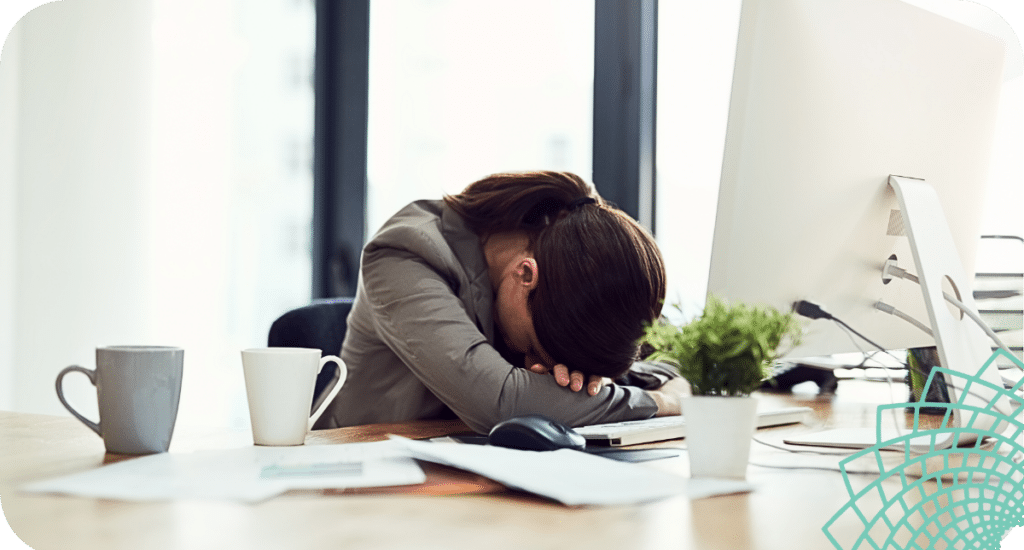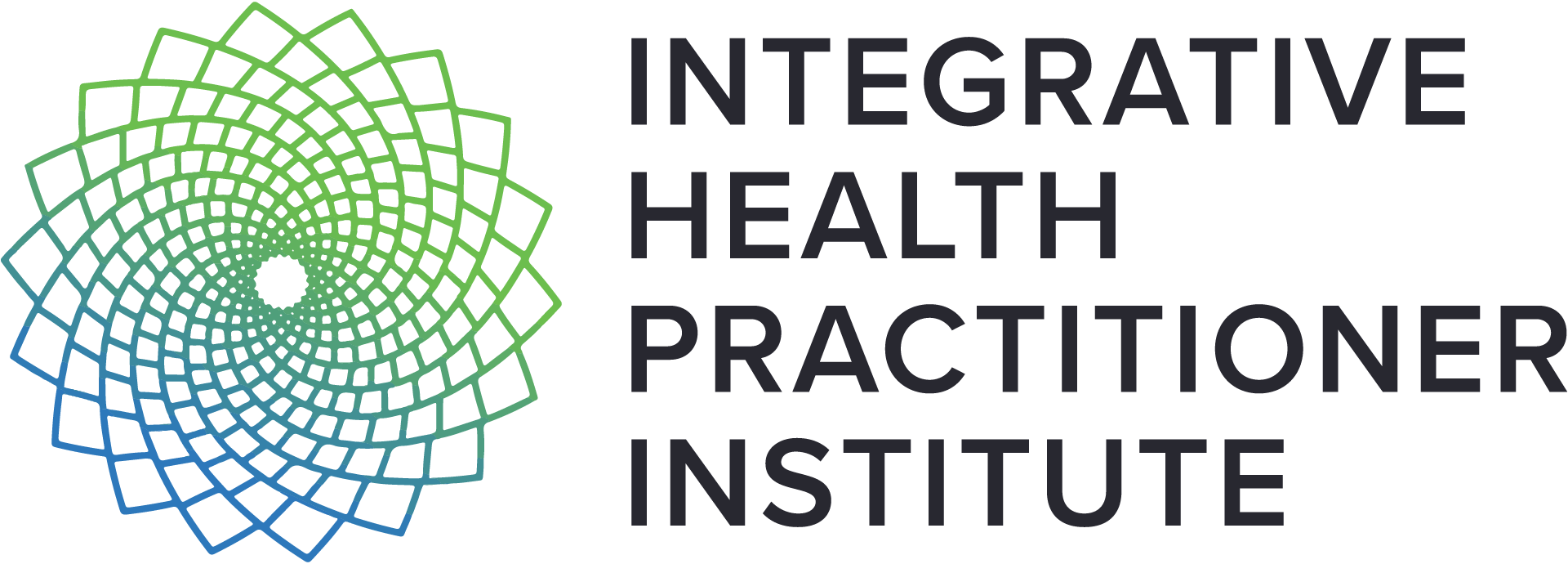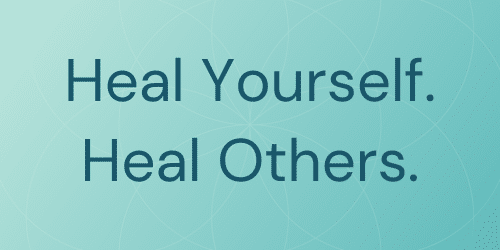“42% of women reported feeling burned out, compared to 35% of men.”
Burnout is a state of emotional, physical, and mental exhaustion. It is often caused by excessive and prolonged stress. Recognizing the signs of burnout plays a crucial role in recovery and well-being. In this blog, the signs of burnout and recovery methods will be explored in detail. Understanding these signs can help individuals take the necessary steps to manage stress and regain their health.

Women Experience Higher Rates of Burnout Than Men
Women are more affected by burnout than men. A 2021 survey revealed 42% of women reported feeling burned out, compared to 35% of men. This disparity is often due to the dual pressures of work and home duties. Women are more likely to manage household responsibilities alongside their careers. Consequently, the compounded stress from these overlapping roles increases the risk of burnout among women.
Identifying and Addressing Signs of Burnout Early
The Integrative Health Practitioner Institute actively provides comprehensive training on managing stress and preventing burnout, with a particular focus on the nervous system. Under the guidance of Dr. Stephen Cabral, the DESTRESS Protocol is taught, emphasizing Diet, Exercise, Stress Reduction, Toxin Removal, Rest, Emotional Balance, Supplementation, and Success Mindset. This holistic approach ensures individuals learn effective strategies to reduce stress and support their nervous system, promoting overall health and resilience.
Recognizing the signs of burnout is crucial for timely intervention and recovery. Early identification allows individuals to take proactive steps to mitigate the effects of chronic stress. Furthermore, understanding these signs can prevent further deterioration of mental and physical health, enabling a quicker return to well-being. Additionally, awareness and education about burnout symptoms are essential for both individuals and professionals, ensuring the necessary support and strategies can be effectively implemented.
10 Signs of Burnout

1. Chronic Fatigue
Persistent tiredness is a common sign of burnout. Even after a good night’s sleep, exhaustion is felt. This fatigue affects daily tasks and productivity. Continuous release of cortisol disrupts the normal circadian rhythm due to chronic stress. This hormonal imbalance impairs the body’s ability to rest and recover, leading to a state of perpetual fatigue.
2. Insomnia
Trouble sleeping is frequently experienced by those suffering from burnout. Difficulty falling asleep or staying asleep occurs despite feeling exhausted. Furthermore, elevated cortisol levels interfere with the production of melatonin, the hormone responsible for regulating sleep. The result is poor sleep quality and duration, exacerbating fatigue and stress.
3. Forgetfulness and Impaired Concentration
Memory lapses and a lack of focus are signs of burnout. Simple tasks become challenging, and concentration on important tasks is lost. Burnout affects the prefrontal cortex, the brain region responsible for executive functions like memory and decision-making. Moreover, chronic stress reduces synaptic plasticity, impairing cognitive functions.
4. Physical Symptoms for Signs of Burnout
Burnout can manifest physically. Headaches, stomach issues, and other aches and pains are common signs of burnout. These symptoms should not be ignored. Chronic stress triggers the body’s inflammatory response, releasing cytokines causing pain and discomfort. Additionally, the gut-brain axis can be disrupted, leading to gastrointestinal issues.
5. Increased Illness
Certainly, frequent colds and infections may indicate signs of burnout. Besides, a weakened immune system makes the body more susceptible to illness. Stress hormones, like cortisol, suppress the immune system’s effectiveness, reducing the body’s ability to fight off pathogens and increasing vulnerability to infections.
6. Loss of Appetite

Changes in eating habits, such as a reduced appetite or skipping meals, are often observed. This can lead to weight loss and nutritional deficiencies. The body’s stress response affects the hypothalamus, altering hunger and satiety signals. This disruption can lead to undernutrition.
7. Anxiety
Generally, feelings of anxiety and worry increase with burnout. This anxiety can interfere with daily life and decision-making processes. Chronic stress actively alters neurotransmitter levels, particularly serotonin and dopamine, which play critical roles in mood regulation. For this reason, an imbalance in these chemicals can actively heighten anxiety.
8. Depression
Specifically, a sense of hopelessness and helplessness is a severe sign of burnout. Professional help should be sought if these feelings persist. Prolonged stress actively depletes the brain’s neurotransmitters, such as serotonin, norepinephrine, and dopamine, contributing to depressive symptoms. Neuroinflammation also plays a role in mood disorders.
9. Anger and Irritability as Signs of Burnout
Unexplained anger and irritability may indicate signs of burnout. Markedly, small annoyances lead to significant outbursts, affecting relationships and work. Stress hormones like adrenaline and cortisol actively heighten the body’s fight-or-flight response, making individuals more prone to anger and irritability.
10. Detachment and Isolation
Feelings of being disconnected from work and social life are common signs of burnout. Additionally, individuals may actively avoid social interactions, leading to isolation. Chronic stress impacts the brain’s reward system, reducing pleasure derived from social interactions. Furthermore, this active withdrawal can lead to social isolation.
Recovery from Signs of Burnout

Recovering from burnout requires a comprehensive approach addressing both the mind and body. Moreover, the process involves recognizing the signs of burnout, seeking appropriate support, and making lifestyle changes to restore balance and well-being. Individuals can regain energy and enthusiasm through consistent effort and self-compassion, although recovery is not instantaneous. The following strategies provide a roadmap to help navigate the journey to recovery, ensuring a holistic approach to healing and preventing future burnout.
1. Seek Professional Help for Signs of Burnout
A certified Integrative Health Practitioner can provide guidance and support in conjunction with a mental health professional. Taking a holistic approach to therapy and counseling is effective for addressing burnout symptoms. This combined support helps individuals manage stress, address lifestyle factors, develop coping strategies, and achieve emotional balance, facilitating a comprehensive recovery from burnout.
2. Take Time Off
Indeed, a break from work is essential. Time off helps to recharge and reduce stress levels significantly. Taking time to rest allows the body’s stress response system to reset, restoring hormonal balance.
3. Practice Self-Care

Engaging in activities that bring joy and relaxation is important. Regular exercise, hobbies, and adequate rest should be prioritized to reduce signs of burnout. Additionally, physical activity boosts endorphin levels, improving mood and reducing stress.
4. Set Boundaries
Establishing clear boundaries between work and personal life is crucial. Saying no to additional responsibilities helps prevent future signs of burnout. Furthermore, boundaries help manage stress and maintain a healthy work-life balance.
5. Connect with Loved Ones
Spending time with family and friends provides emotional support. Social connections are vital for mental health and recovery. Moreover, positive social interactions stimulate the release of oxytocin, enhancing feelings of well-being.
Empowering Health Coaches to Holistically Address Signs of Burnout
Certified health coaches play a vital role in guiding clients through recognizing the signs of burnout and offering effective recovery strategies. With their expertise, health coaches provide personalized support, helping individuals to implement sustainable lifestyle changes and achieve long-term well-being. Enrolling in the Integrative Health Practitioner Institute’s IHP Level 1 and Level 2 Health Coaching Certification programs can equip aspiring health coaches with the necessary skills and knowledge to make a significant impact. These comprehensive programs cover a wide range of integrative health practices, empowering coaches to address burnout holistically. Take the step towards a rewarding career in health coaching and become a catalyst for positive change and schedule your call with Admissions today!










